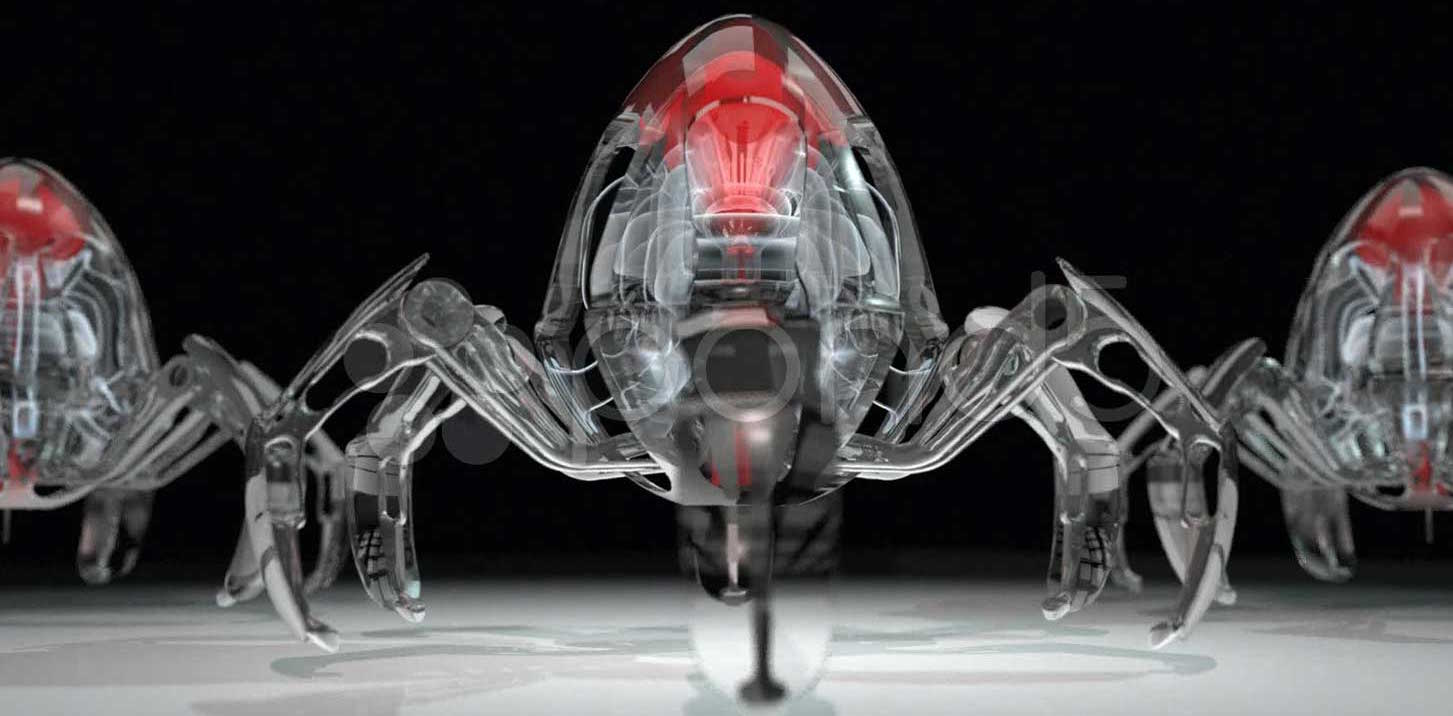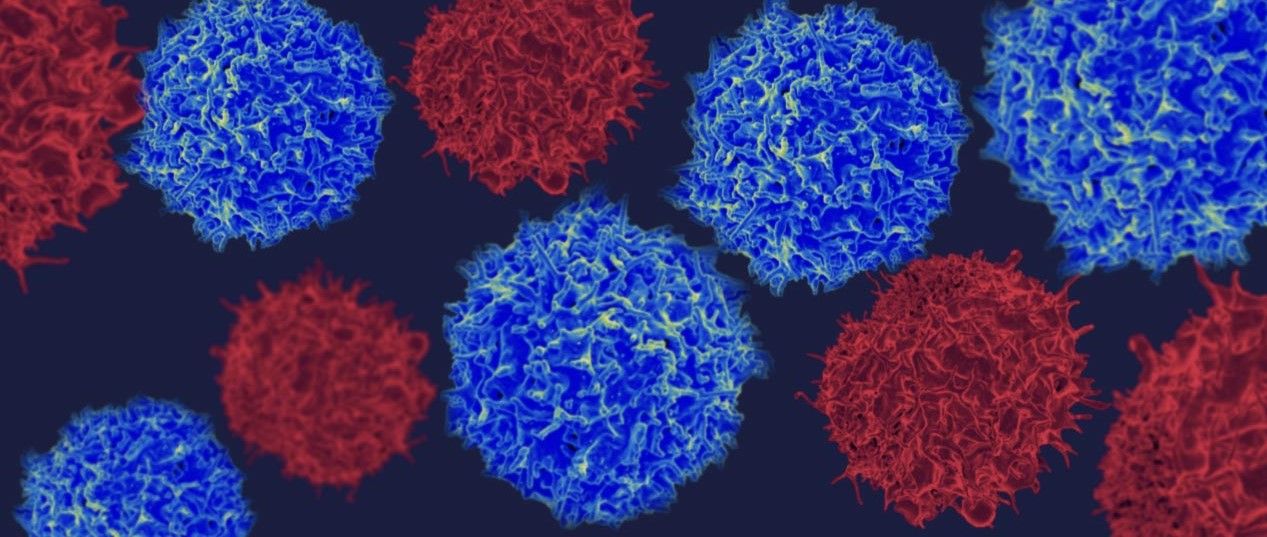In a major advancement in nanomedicine, Arizona State University (ASU) scientists, in collaboration with researchers from the National Center for Nanoscience and Technology (NCNST), of the Chinese Academy of Sciences, have successfully programmed nanorobots to shrink tumors by cutting off their blood supply.
“We have developed the first fully autonomous, DNA robotic system for a very precise drug design and targeted cancer therapy,” said Hao Yan, director of the ASU Biodesign Institute’s Center for Molecular Design and Biomimetics and the Milton Glick Professor in the School of Molecular Sciences.
The successful demonstration of the technology, the first-of-its-kind study in mammals utilizing breast cancer, melanoma, ovarian and lung cancer mouse models, was published in the journal Nature Biotechnology.
“These nanorobots can be programmed to transport molecular payloads and cause on-site tumor blood supply blockages, which can lead to tissue death and shrink the tumor,” said Baoquan Ding, a professor at the NCNST, located in Beijing, China.
For Yan, the important study milestone represents the end of the beginning for nanomedicine.
“I think we are much closer to real, practical medical applications of the technology,” said Yan. “Combinations of different rationally designed nanorobots carrying various agents may help to accomplish the ultimate goal of cancer research: the eradication of solid tumors and vascularized metastases. Furthermore, the current strategy may be developed as a drug delivery platform for the treatment of other diseases by modification of the geometry of the nanostructures, the targeting groups and the loaded cargoes.”
https://www.sciencedaily.com/releases/2018/02/180212112000.htm




